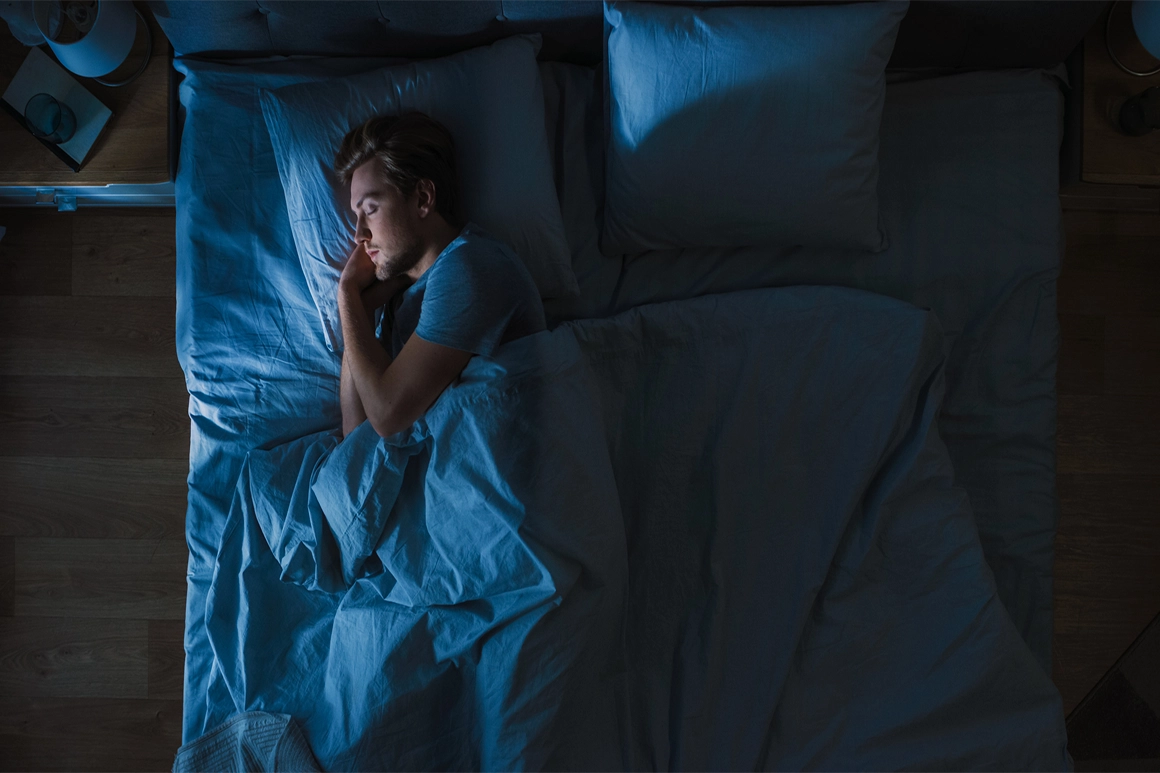
Decision fatigue: why we find it harder to make decisions in the afternoon
Why do we struggle so much to make decisions like choosing what to have for dinner or which movie to watch before bed? Discover how decision fatigue is affecting you.
Decision-making is an essential part of our lives, and although only the most significant decisions are remembered, the fact is that we make more than 35,000 decisions in a single day, according to Eva Krockow, a lecturer at the University of Leicester. Many of these are automatic, but those that involve controlled mental processes, however trivial or seemingly insignificant they may be act like a countdown timer, depleting our mental energy reserves throughout the day until they are exhausted. This would explain why we find it harder to make decisions in the afternoon.
What is decision fatigue?
Decision fatigue is a term coined by social psychologist Roy F. Baumeister that occurs when there is a mental overload that makes it difficult to make clear decisions. Although it is not considered a psychological disorder, it does affect a large majority of people in their daily lives. This condition can lead to physical and mental symptoms, such as procrastination, fatigue or lack of willpower, which can lead to impulsive decisions or, quite the opposite, decisions that are postponed indefinitely.
Perhaps the concept can be better understood through the following case study: the behaviour of users on streaming platforms. The selection of films and series available on these platforms (for instance, right after dinner) can shift from being exciting to becoming a major source of stress. And the outcome is something you'll easily recognise: users leave Netflix after hours of indecision without consuming any on-demand content, or they pick something at random without considering its value.
A quick guide to dealing with decision fatigue

Make the big decisions in the morning
1 of 6
We know that because this is a cumulative phenomenon, we will have stronger willpower and mental clarity early in the day; therefore, we should use this to our advantage to make the most important decisions as soon as we wake up.

Minimise the number of decisions
2 of 6
As we have already pointed out, contemplating many options can be a problem. A good idea is to prepare a weekly menu to avoid having to invest energy into choosing what to cook each day. Among high-level professionals, some CEOs, such as Bill Gates or Mark Zuckerberg, wear the same outfit to work every day in order to minimise their energy expenditure.

Rest
3 of 6
Make sure you take breaks throughout the working day and get at least 8 hours of sleep to recharge your mental energy. Setting a specific time to get up, a route to work that doesn’t change or a fixed time to go to the gym can help regulate your rest.

Self-care
4 of 6
Don't neglect yourself. Exercise regularly, watch your diet and treat yourself to moments of leisure and relaxation. If we feel good, we will reduce the chances of being affected by decision fatigue.

Prioritise and anticipate
5 of 6
A technique that can be very beneficial is to spend some time planning our week. In this way we will prioritise and anticipate those tasks and decisions that we will eventually have to face, getting ahead of them.

Delegate
6 of 6
Don't try to control everything. Always carrying the responsibility for everything is not healthy. Learning to delegate can be very beneficial for our energy reserves and mental health.




